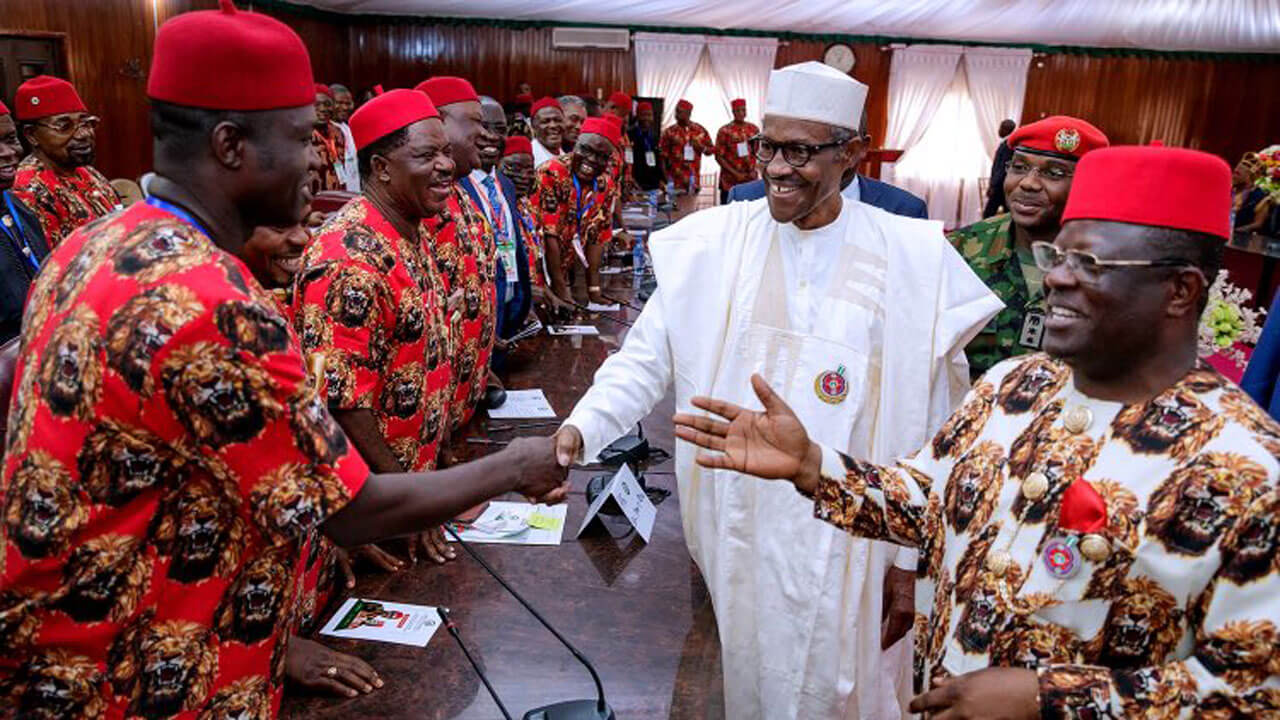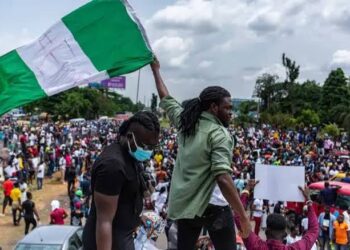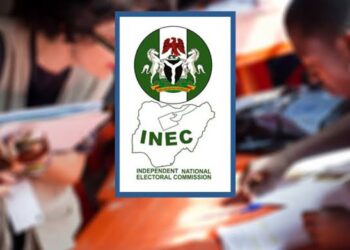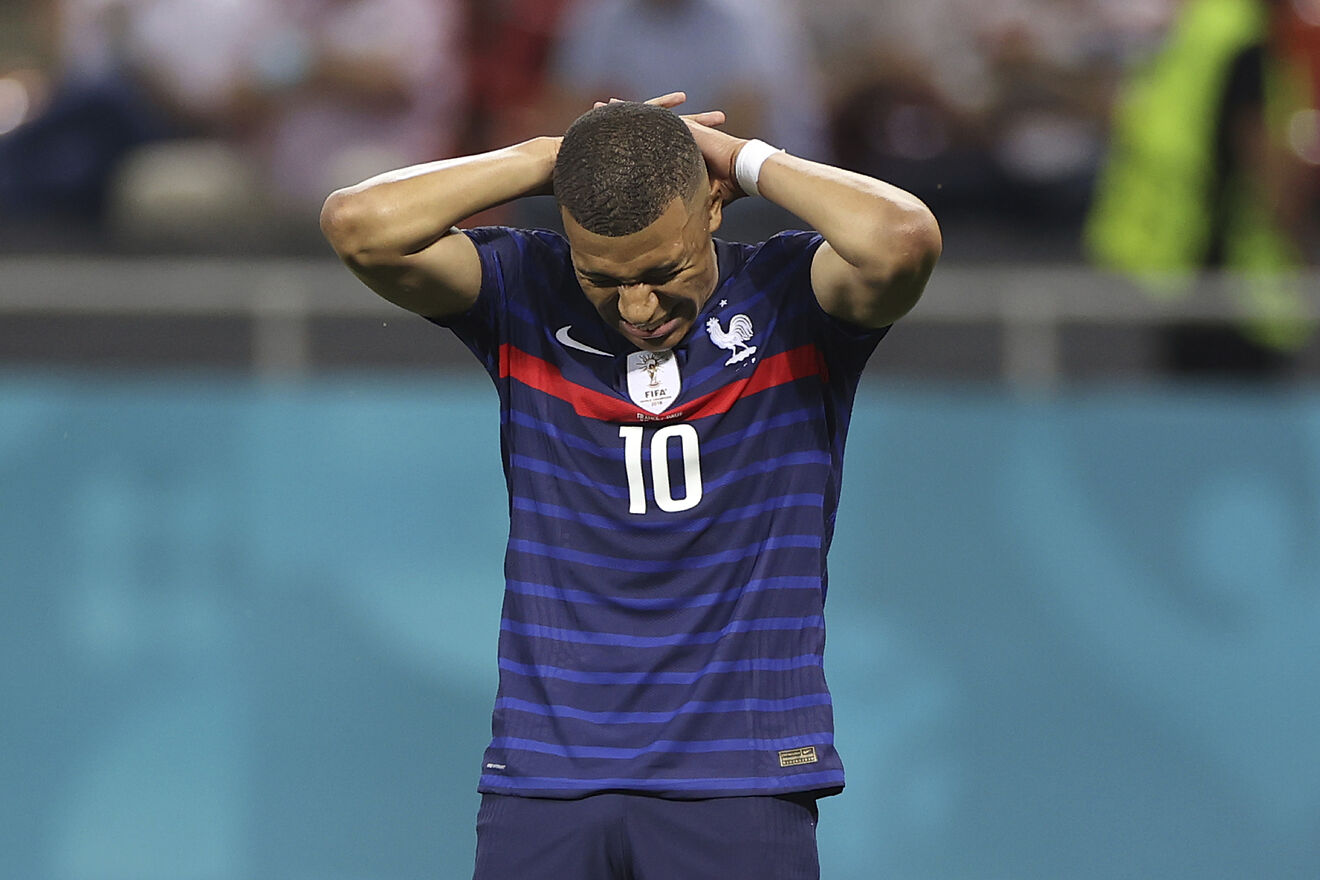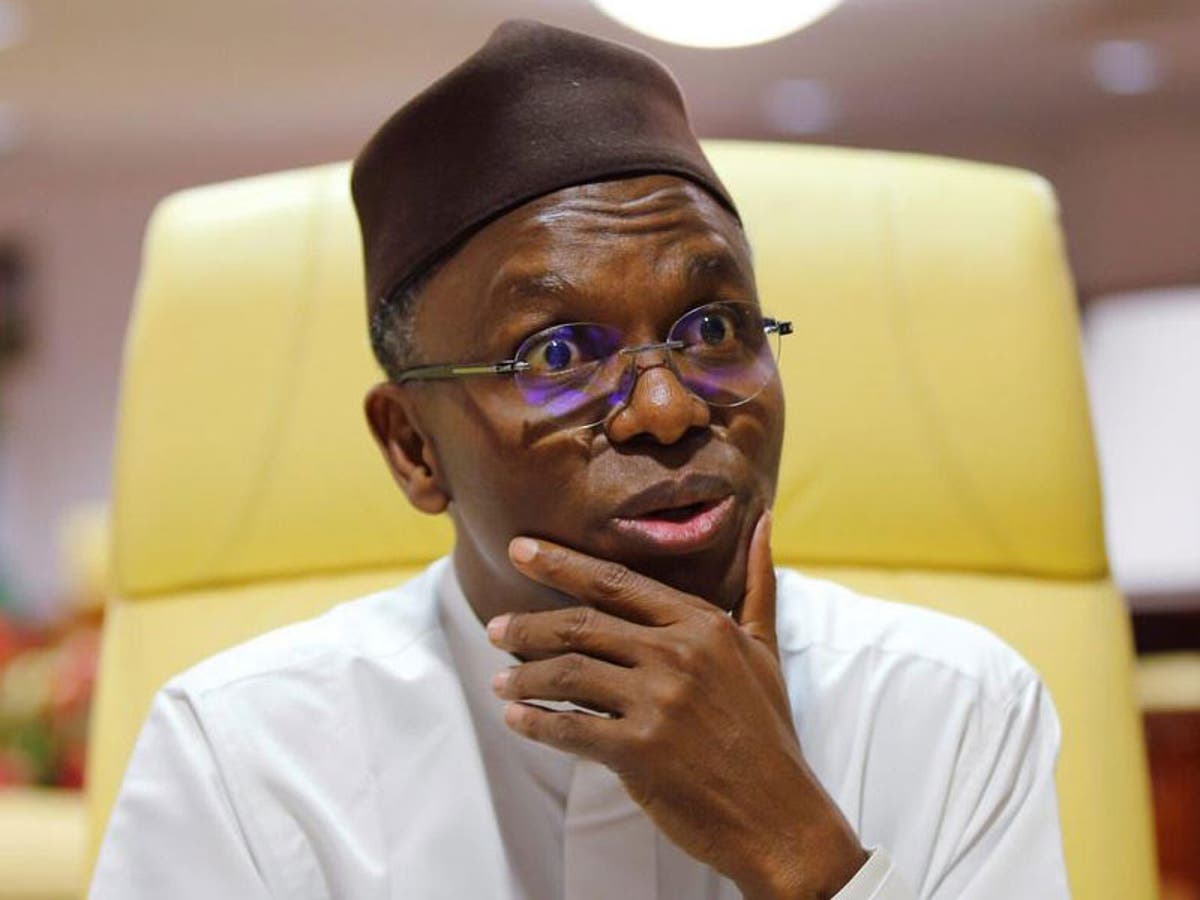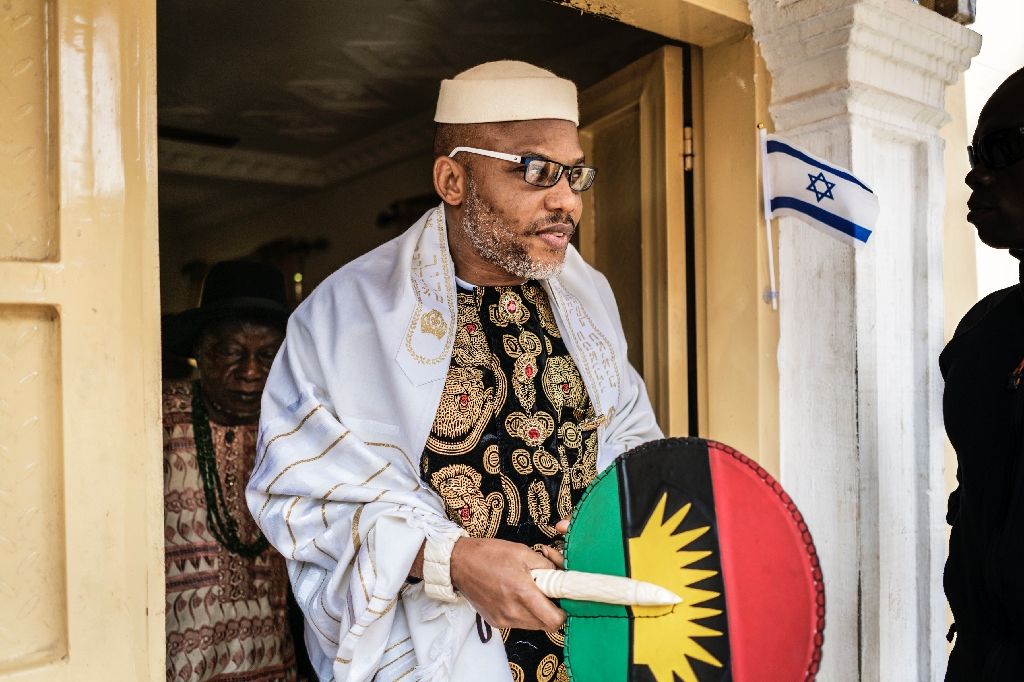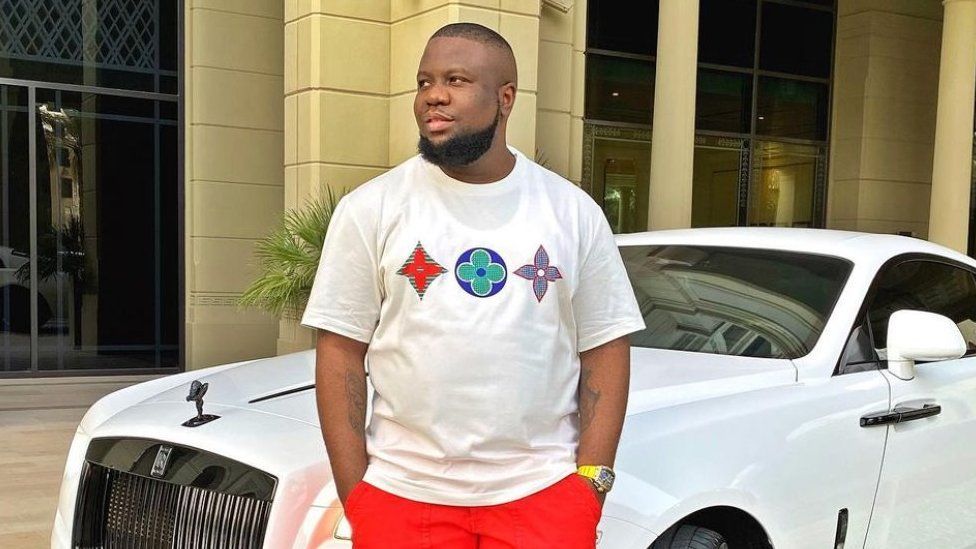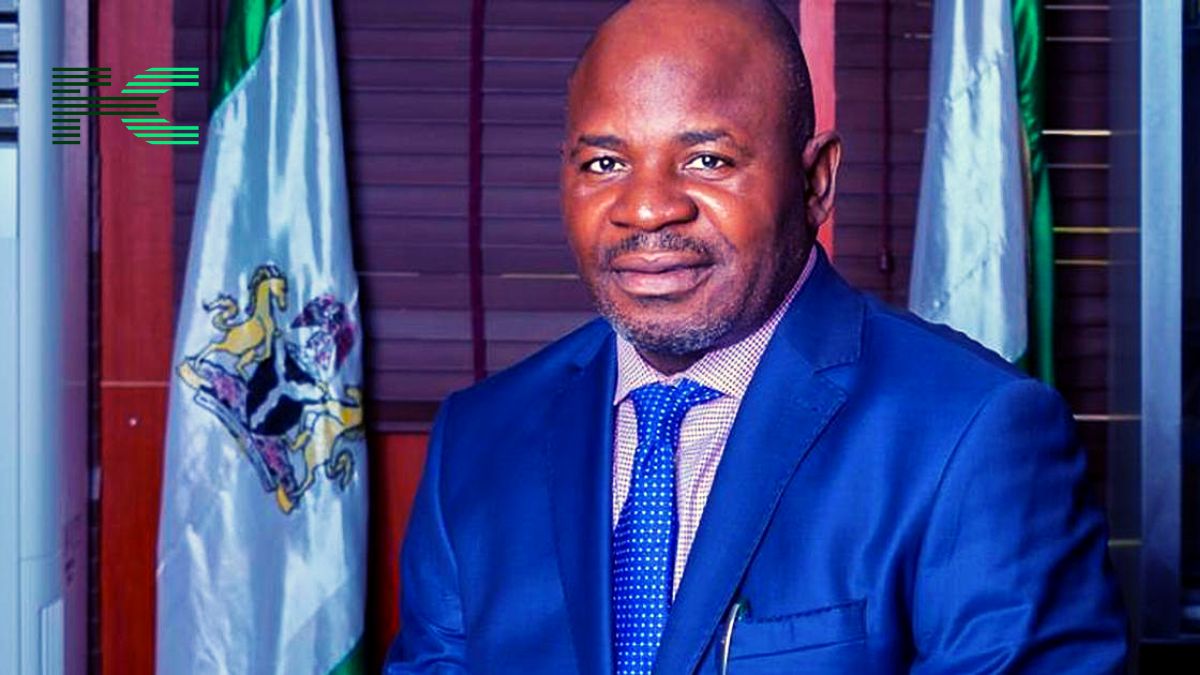The administration of President Muhammadu Buhari will end in 2023. His successor is unlikely to be from the south east. This is not to suggest that the southeast lacks the sort of leaders Nigeria requires. The Igbos have repeatedly demonstrated that they have one of the most important solutions to Nigeria’s main problem: the economy.
With limited funding, the area rose from the ashes of ruins during the bloody civil war. With little or no aid from the “Big Brother”, Igbos have been able to gradually but painstakingly ascend to the top of the economic food chain in the country. They have demonstrated in practice that skilled people are Nigeria’s most valuable asset, not oil.
The common Igbo man has come to understand that Nigeria would not do anything for him, so he has dedicated his life to taking risks where others would have shrunk and mastering the art and science of generating revenue.
So, given that now, why won’t either of the two major parties consider a candidate from the southeast for the presidency? It all comes down to the smartness and panache of the country’s game of politics, which Igbos have yet to master.
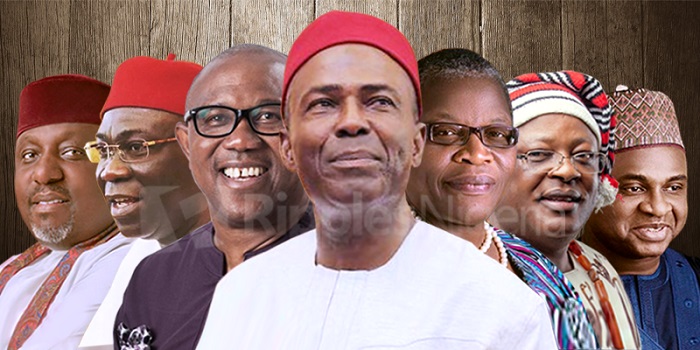
Albeit since Nigeria returned to democracy in 1999, an unscribed transfer of power has occurred from North to South, many think that, by 2023, the presidential seats should go to the South East given that the area did not produce either President or Vice-Chairman in 20 years.
In reality, the ruling All Progressives Congress would rather look for a candidate from all other zones before coming to the southeast. The APC is likely to favor a candidate from the southwest (most likely Asiwaju Bola Ahmed Tinubu) over those from the northwest or northeast. The party is well aware that it is unpopular in the area, so it will not bother.
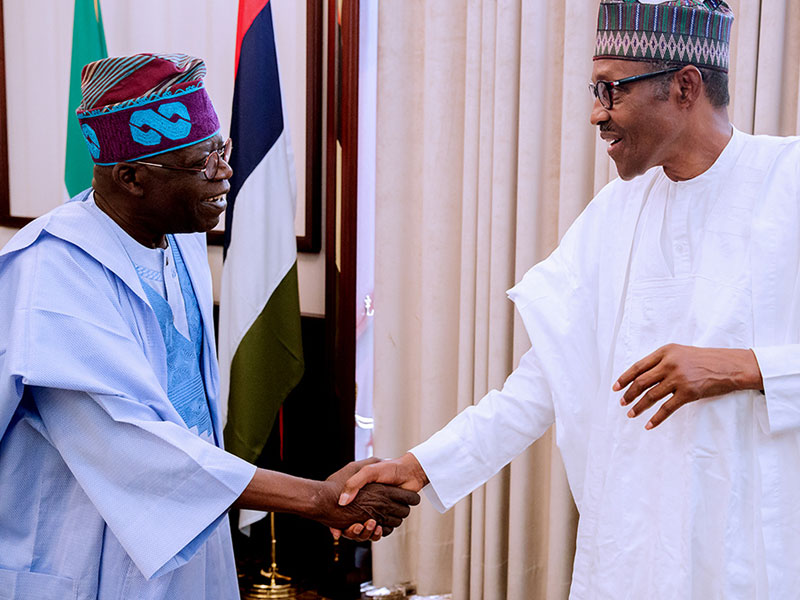
In particular instances of the People’s Democratic Party (PDP), it is apparent that the party would like to field a candidate from the north. The party assessed its performance for the 2019 general election earlier this year, and the committee suggested that the party abandon its zoning strategy and make its presidential ticket available to anybody. As a result, the party has either intentionally or unintentionally given the north a strong presidential position ahead of the southeast.
The Igbo presidency will not take place in 2023 unless one of the two major parties provides a presidential ticket. What if the 2 major parties decide to upset the apple-cart by not fielding an Igbo candidate in 2023? What if…?

